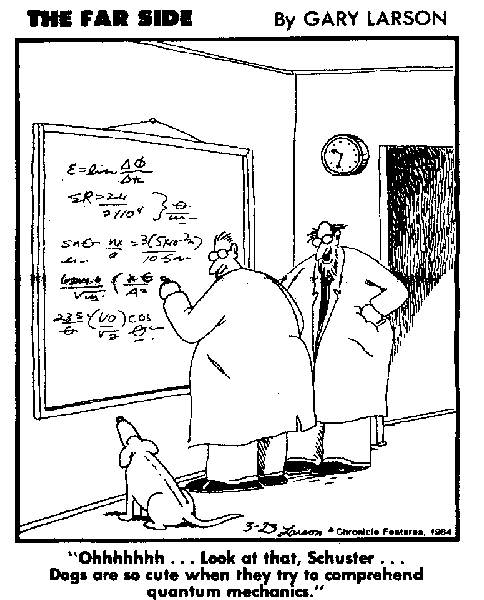 I got an Apple HomePod the other day. I have several Airplay speakers already, two in one house and a third in my separate office. The latter, a Naim Mu-So, combines Airplay with internet radio and bluetooth, but I mostly use it for the streaming radio features (KMozart, KUSC, Capital Public Radio, etc.). The HomePod’s Siri implementation combined with Apple Music allows me to voice control playlists and experiment with music that I wouldn’t generally have bothered to buy and own. I can now sample at my leisure without needing to broadcast via a phone or tablet or computer. Steve Reich, Bill Evans, Theolonius Monk, Bach organ mixes, variations of Tristan and Isolde, and, yesterday, when I asked for “workout music” I was gifted with Springsteen’s Born to Run, which I would never have associated with working out, but now I have dying on the mean streets of New Jersey with Wendy in some absurd drag race conflagration replaying over and over again in my head.
I got an Apple HomePod the other day. I have several Airplay speakers already, two in one house and a third in my separate office. The latter, a Naim Mu-So, combines Airplay with internet radio and bluetooth, but I mostly use it for the streaming radio features (KMozart, KUSC, Capital Public Radio, etc.). The HomePod’s Siri implementation combined with Apple Music allows me to voice control playlists and experiment with music that I wouldn’t generally have bothered to buy and own. I can now sample at my leisure without needing to broadcast via a phone or tablet or computer. Steve Reich, Bill Evans, Theolonius Monk, Bach organ mixes, variations of Tristan and Isolde, and, yesterday, when I asked for “workout music” I was gifted with Springsteen’s Born to Run, which I would never have associated with working out, but now I have dying on the mean streets of New Jersey with Wendy in some absurd drag race conflagration replaying over and over again in my head.
Right after setup, I had a strange experience. I was shooting random play thoughts to Siri, then refining them and testing the limits. There are many, as reviewers have noted. Items easily found in Apple Music are occasionally fails for Siri in HomePod, but simple requests and control of a few HomeKit devices work acceptably. The strange experience was my own trepidation over barking commands at the device, especially when I was repeating myself: “Hey Siri. Stop. Play Bill Evans. Stop. Play Bill Evans’ Peace Piece.” (Oh my, homophony, what will happen? It works.) I found myself treating Siri as a bit of a human being in that I didn’t want to tell her to do a trivial task that I had just asked her to perform.… Read the rest




 The simulation hypothesis is perhaps a bit more interesting than how to add clusters of neural network nodes to do a simple reference resolution task, but it is also less testable. This is the nature of big questions since they would otherwise have been resolved by now. Nevertheless, some theory and experimental analysis has been undertaken for the question of whether or not we are living in a simulation, all based on an assumption that the strangeness of quantum and relativistic realities might be a result of limited computing power in the grand simulator machine. For instance, in a virtual reality game, only the walls that you, as a player, can see need to be calculated and rendered. The other walls that are out of sight exist only as a virtual map in the computer’s memory or persisted to longer-term storage. Likewise, the behavior of virtual microscopic phenomena need not be calculated insofar as the macroscopic results can be rendered, like the fire patterns in a virtual torch.
The simulation hypothesis is perhaps a bit more interesting than how to add clusters of neural network nodes to do a simple reference resolution task, but it is also less testable. This is the nature of big questions since they would otherwise have been resolved by now. Nevertheless, some theory and experimental analysis has been undertaken for the question of whether or not we are living in a simulation, all based on an assumption that the strangeness of quantum and relativistic realities might be a result of limited computing power in the grand simulator machine. For instance, in a virtual reality game, only the walls that you, as a player, can see need to be calculated and rendered. The other walls that are out of sight exist only as a virtual map in the computer’s memory or persisted to longer-term storage. Likewise, the behavior of virtual microscopic phenomena need not be calculated insofar as the macroscopic results can be rendered, like the fire patterns in a virtual torch.
